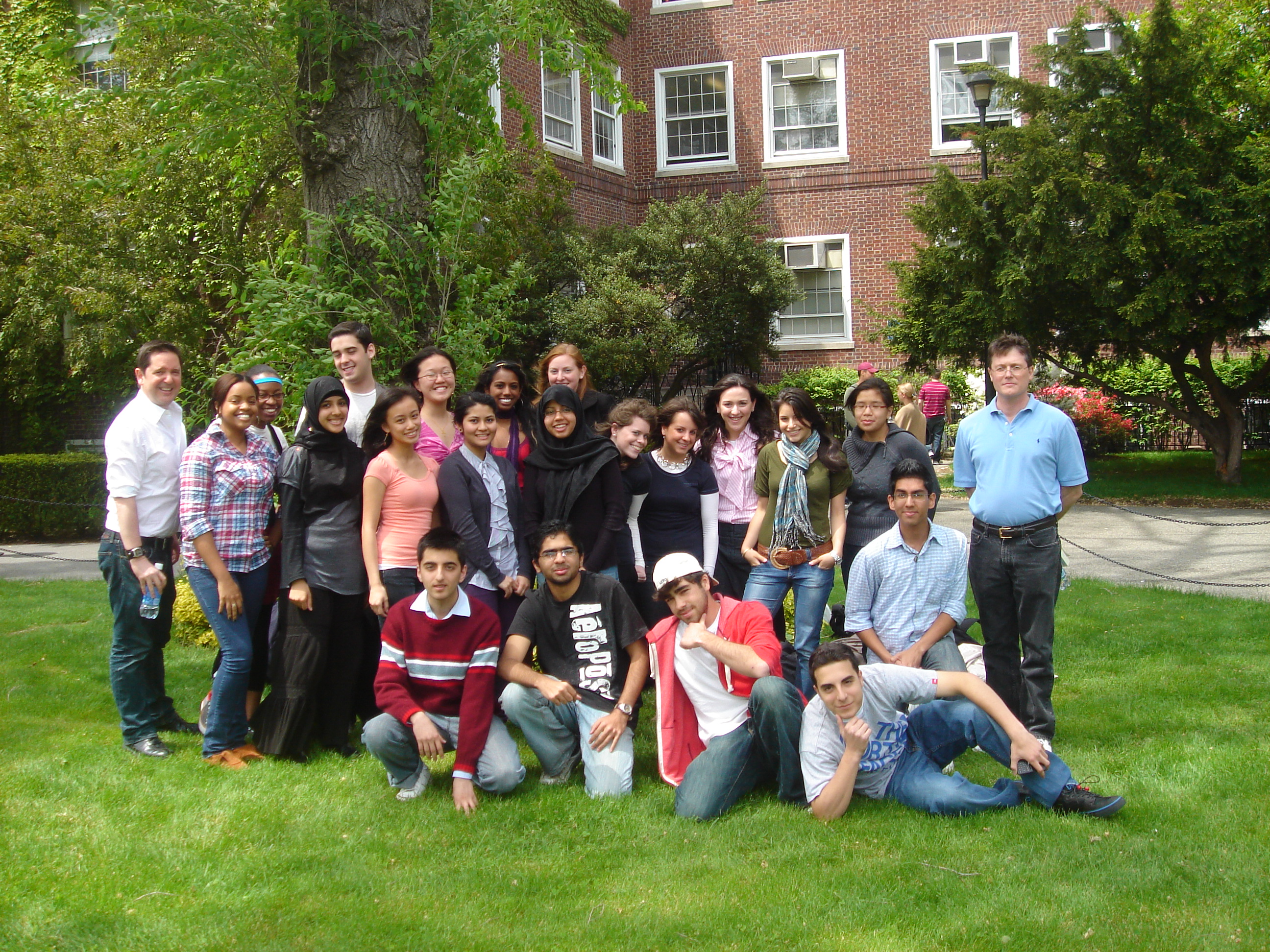Introduction

INTRODUCTION:
Throughout the centuries, New York City has served as home to people from every corner of the globe. It is a city where people come to cultivate new ideas or even give support to old ones, a place that gives people the opportunity to create their own identities and reinvent themselves completely, a city always brimming with potential and unlimited promises. Visions of Gotham: Topics in NYC Since 1945 deals with the human element of New York City, the repeated cycles of peopling, unpeopling, and repeopling that have molded this city into the cultural melting pot it is today.
FOCUS:
This project focuses particularly on the historical events of the latter half of the 20th century in respect to New York City. From the US involvement in the Vietnam War to the fiscal crisis of the 1970s, from the AIDS epidemic to the Gay Rights Movement to the development of the iconic Times Square area, our documentaries examine the constantly changing people and communities of New York City and how they have contributed to the shaping of the city.
METHOD:
This year the class decided to stray from the usual convention of wikis and experiment instead with the world of multimedia. Working with multimedia is analogous to learning an entirely new language. As we worked with iMovie to put together our documentaries, we learned about the plethora of work that goes into making just one single minute of an audio/visual presentation. From adding voiceovers, editing hundreds of images, getting the timing of the music down to a millisecond, and of course remembering to cite everything along the way, we have invested an extreme amount of time and dedication to our projects. Since our work is 99% film, we have also added background historical information, interactive timelines, and a description of the unique creative process we all took to compile the finished product.
As well as learning to use the multimedia format, we have acquired the ability to conduct professional interviews. In order to gather primary information, every group contacted people who would be able to provide them with first-hand information specific to their communities. This method of carrying out research was new to many of us and has successfully introduced us to the field of oral history.
********